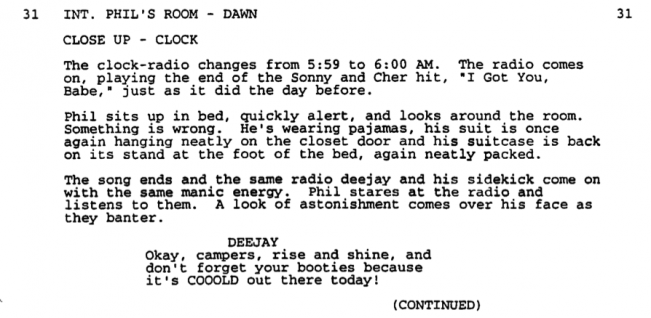Movie City Indie Archive for February, 2014
“Life After PI,” Documenting The Meltdown Of SFX House Rhythm & Hues (30’01”)
Steven Soderbergh on KING OF THE HILL (2’27”)
[Via Criterion.]
Harold Ramis on David Letterman for NAT’L LAMPOON’S VACATION (8’41”)
Walter Murch: “From The Godfather To The God Particle” (86 min.)
“Bobbie Wygant interviews R. Lee Ermey for FULL METAL JACKET” (18’46”)
[Via @refocusedmedia.]
Noam Chomsky On “Zombies And Apocalypse” (6’00”)
“My guess is that it’s a reflection of fear and desperation. The United States is an unusually frightened country, and in such circumstances, people concoct, maybe for escape or relief, [narratives] in which terrible things happen. Fear in the United States is actually a pretty interesting phenomenon. It actually goes back to the colonies — there’s a very interesting book by a literary critic, Bruce Franklin, called War Stars. It’s a study of popular literature…from the earliest days to the present, and there are a couple of themes that run through it that are pretty striking. For one thing, one major theme in popular literature is that we’re about to face destruction from some terrible, awesome enemy, and at the last moment we’re saved by a superhero, or a super-weapon — or, in recent years, high school kids going to the hills to chase away the Russians. There’s a sub-theme: it turns out this enemy, this horrible enemy that’s going to destroy us, is someone we’re oppressing. So you go back to the early years, the terrible enemy was the Indians.”
Transcript.
Agnès B. on Marilyn Monroe and Glamor (2’47”)
[Video by Jaime Wolf.]











